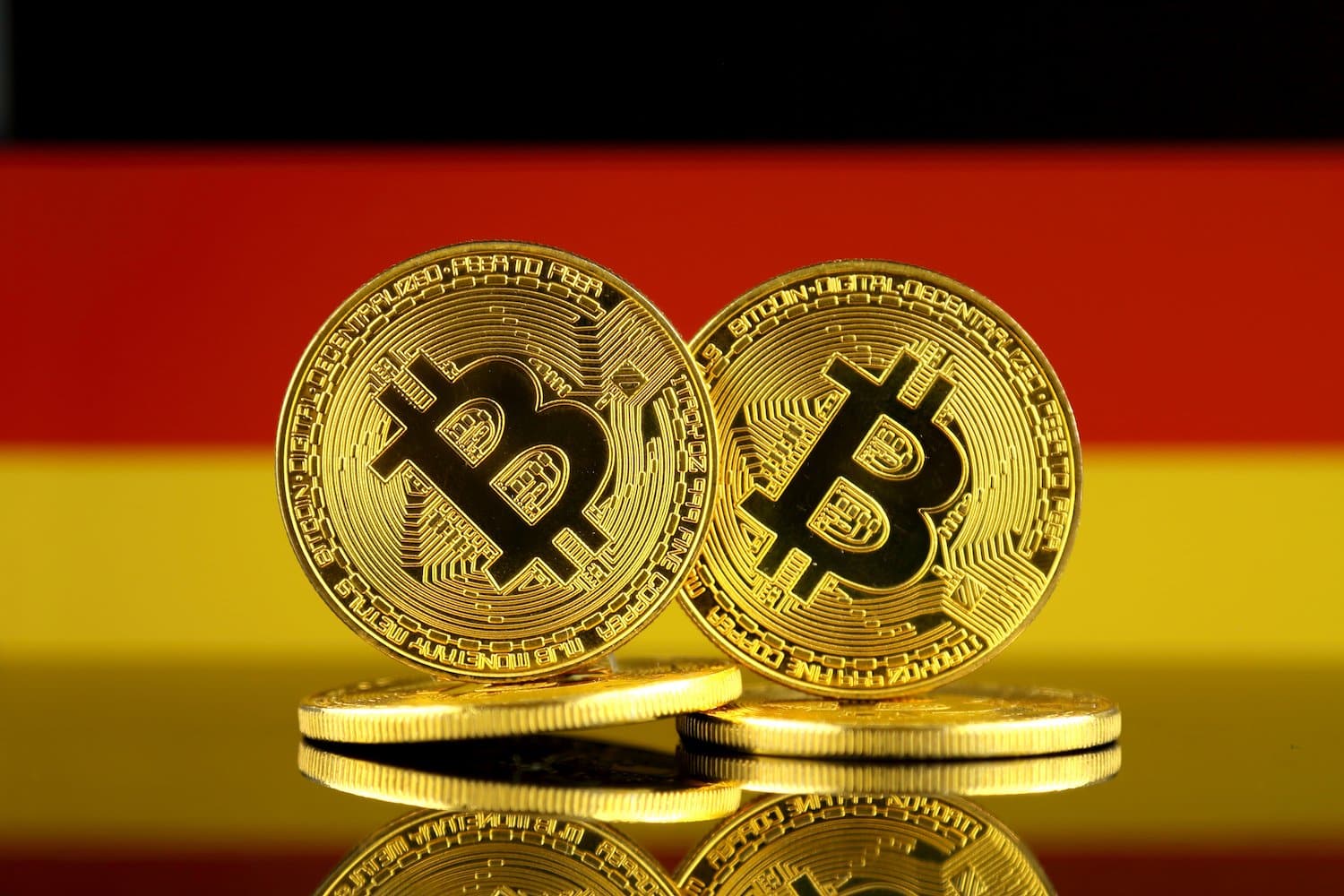Germany's Free Democratic Party Calls for Bitcoin to Become a Reserve Currency

Christian Lindner, once the helm of Germany's finance ministry and now the leader of the Free Democratic Party (FDP), has voiced a significant critique against the country's current leadership for their apparent lack of vision in recognizing Bitcoin's potential. His comments come at a time when the U.S., under Donald Trump's pro-crypto stance, is aggressively positioning itself as the "crypto capital of the planet," while Germany appears to be stuck in the past.
Lindner has not minced words in his assessment, pointing out that neither Chancellor Olaf Scholz, Minister of Economics Robert Habeck, nor opposition leader Friedrich Merz have shown any initiative towards fostering a crypto-friendly environment in Germany akin to what is being developed in the U.S. He has highlighted how the U.S. is leveraging Bitcoin's advantages, which Germany could also have capitalized on, thereby accusing the German government of missing out on significant economic growth opportunities.
The stark contrast between the two nations' approaches to cryptocurrency couldn't be more evident. While the U.S. explores creating a national Bitcoin reserve, Germany has been criticized for what many see as a shortsighted move. Earlier in the year, the German government liquidated 50,000 BTC seized from legal cases when the price was around $53,000. With Bitcoin now soaring past $107,000, this decision is now being labeled as a colossal financial misstep, costing the nation potential billions.
A Call for Progressive Policy
Within the FDP, Lindner's views on Bitcoin are not only accepted but actively championed. His colleague Frank Schäffler has publicly supported him, emphasizing on social media platforms that Germany must not let the U.S. overtake in the crypto race. Schäffler has gone a step further by advocating for Bitcoin to be included in the reserves of not just Germany's Bundesbank but also the European Central Bank (ECB). This suggestion underscores a belief in Bitcoin's stability and future as a global financial asset, potentially reshaping how central banks view digital currencies.
The integration of Bitcoin into central bank reserves would mark a radical shift in policy, aligning with broader digital transformation trends. Such a move could signal Germany's commitment to being at the forefront of financial innovation, rather than lagging behind due to conservative or outdated economic strategies.
As Germany approaches the 2024 European elections, the FDP has committed to supporting a "digital euro" initiative while safeguarding citizens' privacy. This pledge reflects an acknowledgment of the digital future, yet the party's advocacy for Bitcoin integration into national reserves suggests a nuanced understanding of digital currencies' role beyond just creating a CBDC (Central Bank Digital Currency).
In fact, the FDP seems determined to make this a key issue in their campaign for the upcoming federal election. According to Bundestag member Frank Schäffler, the party has included the demand for a Bitcoin reserve in its election program, echoing similar plans from the future US president. This move indicates a strategic pivot towards embracing digital assets in Germany's financial system, aiming to not miss out on the "innovations" that Lindner warned about.

